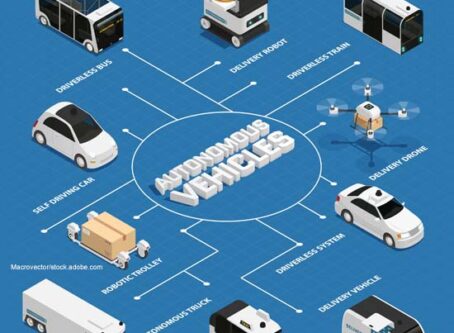IRS issues temporary increase to meal deduction for businesses
A temporary increase in the allowable percentage that businesses can deduct for food and drink expenses at restaurants may benefit some truckers.
On April 8, the Internal Revenue Service and the U.S. Treasury Department issued guidance related to the Taxpayer Certainty and Disaster Relief Act of 2020. The Act added a temporary exception to the 50% limit on the amount that businesses may deduct for food or beverages.
The temporary exception allows a 100% deduction for food or beverages from restaurants. Beginning Jan. 1, 2021, through Dec. 31, 2022, businesses can claim 100% of their food or beverage expenses paid to restaurants as long as the business owner (or an employee of the business) is present when food or beverages are provided and the expense is not lavish or extravagant under the circumstances. The guidance modifies Section 274 (n)(2) for meals and entertainment expenses.
For self-employed truckers, this change could be a benefit in some instances where drivers eat out at restaurants a lot, according to Barry Fowler, founder of Taxation Solutions.
While the guidance modifies one section of the rules, it does not address the section covering travel expenses. Fowler, who specializes in tax accounting for commercial truckers, says a number of requests have been made to both the IRS and the Small Business Administration for further clarification.
For now, Fowler says those who plan on taking the deduction should save all their meal receipts and talk to your tax professional about which option – claiming 100% of the meal receipts or claiming the standard per diem deduction – is best for you. He said it’s important to note that owner-operators cannot claim 100% of the meals and the per diem.
“If you are spending more than the per diem rate of $66 at restaurants, then the 100% deductibility will come in to play,” he said.
Fowler also said that this change, just like the per diem deduction, would apply only to owner-operators, and not to employee drivers. LL









